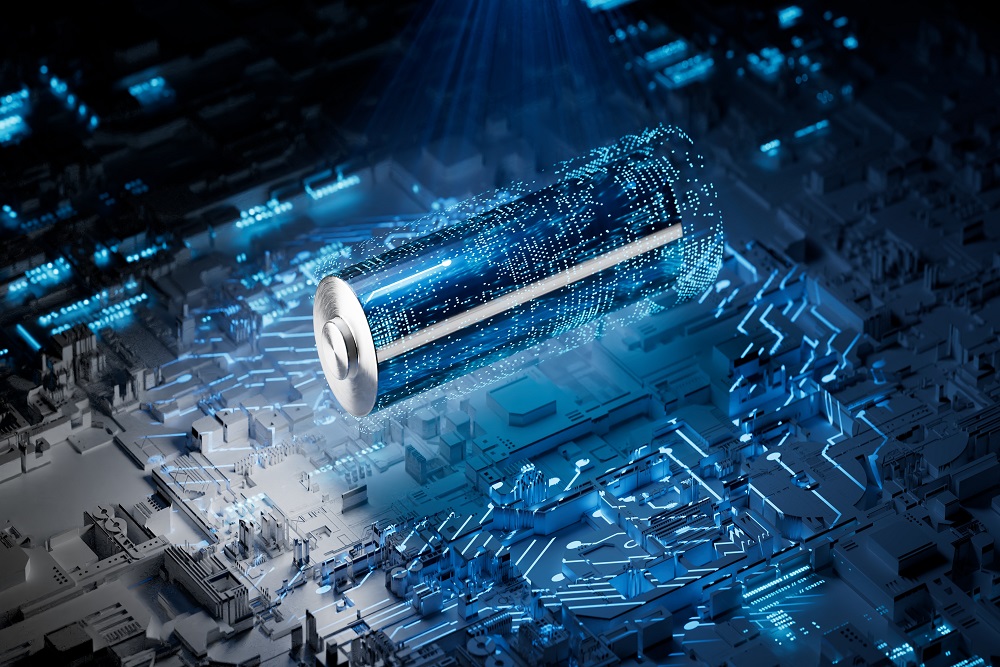Artificial intelligence (AI) is already being used in many energy storage systems, but a bigger phenomenon than its current use might well be the emerging need for it – and the massively increased use which we can expect in the future. Accordingly, there is a present and a future to consider when we talk about the use of AI in energy storage.
An important thing to note is that AI has, technically, been in use in battery systems for quite a long time already. And it isn’t only for electric vehicles or large energy storage systems either. There are products today like the USB C rechargeable smart batteries produced by tech company Pale Blue Earth, which simply by having a battery management system that can perform some tasks automatically are technically incorporating some degree of AI into its functioning. This cannot be ignored as one of the ways in which AI has been creeping into battery and energy storage technology, and it should be remembered that it has been around for quite some time already.
A Booming Sector
Before looking at the specific need which modern energy storage has for AI, it is worth looking at the hard economics that are ensuring there is money there for such developments. To put it another way, the energy storage market is booming – and booming for several reasons. For one thing, there is the imperative to address environmental issues, which battery storge is well-known to help with. Then there is improvement of the technology to the point where energy can be stored in much larger quantities and more securely. Finally, there is the fact that energy storage is now a possibility for even private individuals, with energy storage solutions for the home becoming increasingly popular.
There are several other more general phenomena that are contributing to these advancements in energy storage (and, with that, the development of energy storage AI). There is a need, for example, to curb the volatility of wind and solar energy which changes, quite literally, with the weather. Having a sufficiently large store of energy on hand to see suppliers through downtimes is considered vital today. There is also the fact that lithium-ion batteries have never been cheaper – or better – and this is allowing many more energy storage endeavors to upgrade and expand.
The Need for AI
As AI begins to manifest within energy storage in the form of ever more advanced battery management systems which can respond automatically with increasing capabilities, these developments are having a positive impact on new energy storage systems being developed. But how so?
It is all to do with efficiency. When energy storage itself was inefficient, there wasn’t much to handle and power losses as a percentage of inputs would be large. Nevertheless, as the system becomes more efficient, all that extra power can only be realized if it can be very efficiently managed.
An energy source outputting a great deal of energy needs to have somewhere for that energy to go. The capacity is there, but it can run out or, in time, degrade. Precisely when this will happen is a matter of close analysis of the energy coming out, reckoned up with the specifics of the battery such as its state of degradation, charge capacity, and so on.
Furthermore, all this needs to be managed in real time, which means that the calculations and responses can mount in both number and in complexity. If you haven’t guessed already, this is clearly a job for sufficiently advanced AI systems.
Such systems are not universal yet, but they are almost certainly on their way to ubiquity.











